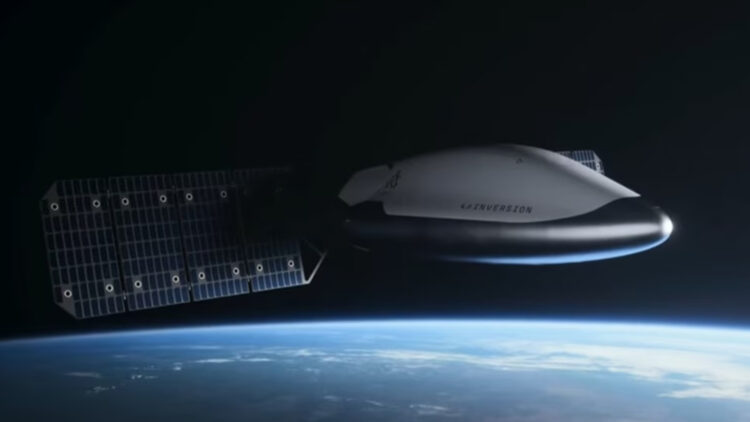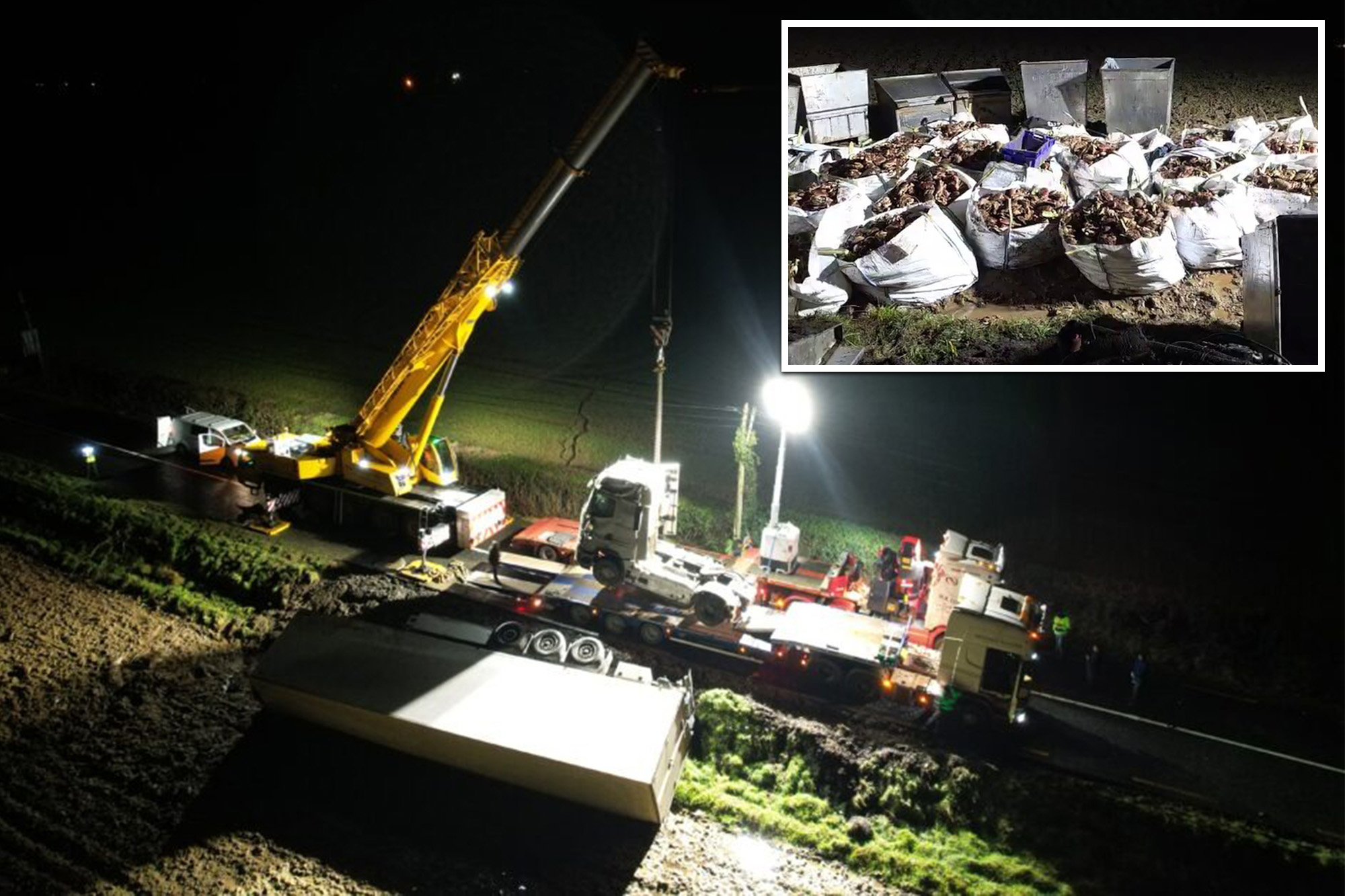A Los Angeles-based aerospace startup, Inversion, is making strides in the competitive field of space logistics with its ambitious project called Arc. This innovative spacecraft aims to transport cargo to any location on Earth in approximately one hour. The company, founded in October 2025, seeks to harness advancements in rapid space development, robotics, and artificial intelligence to establish a new orbital transport network.
Arc is designed to function as a small, organized spacecraft that remains in a quiet orbit until activated. Once a mission is initiated, it will descend through the atmosphere and land on various surfaces, including solid ground, water, or snow, using a parachute. The startup has already developed a prototype named Ray, which has paved the way for upcoming test flights scheduled for 2026.
Arc’s Vision for Rapid Deliveries
The core mission of Arc revolves around speed and efficiency, particularly for urgent deliveries. In a world often plagued by conflict and humanitarian crises, traditional shipping methods can be slow or obstructed. Inversion posits that Arc can address these challenges by delivering essential supplies to nearly any location within an hour.
The spacecraft is approximately 2.4 meters tall and 1.2 meters wide, designed to function as a delivery capsule that remains in orbit until needed. When activated, Arc will safely navigate back to Earth, offering a reliable option for transporting goods that conventional logistics struggle to expedite.
Inversion envisions Arc as the beginning of a new logistics model that leverages orbital infrastructure rather than simply providing a faster transportation option. The goal is to create a global network of small spacecraft capable of rapid travel around the planet, supplementing existing transportation systems such as ships, trucks, and airplanes.
Development Progress and Future Challenges
Despite being a small company with only 25 employees, Inversion has made significant progress since the inception of the Ray prototype, developed for around $1 million. This relatively low expenditure demonstrates the potential for innovative orbital transport systems to be created at a lower cost compared to traditional aerospace projects.
Testing for Arc is set to commence in 2026, with a focus on ensuring the spacecraft can complete a full mission profile. This includes launching, maintaining orbit, reentering the atmosphere, and executing a precise landing while carrying cargo. Successful tests will be crucial for establishing confidence in the technology among potential clients.
Despite the excitement surrounding this project, several challenges remain. Inversion must navigate regulatory approvals, flight tests, and rigorous safety inspections. Potential clients will prioritize factors such as cost, reliability, and safety before opting for Arc over more conventional methods.
The future of Arc and Inversion’s orbital transport initiative holds promise, but the coming years will be pivotal in determining whether this innovative approach can successfully enter the cargo transport industry. As they prepare for testing, the aerospace community watches closely to see if Inversion can deliver on its ambitious vision.







